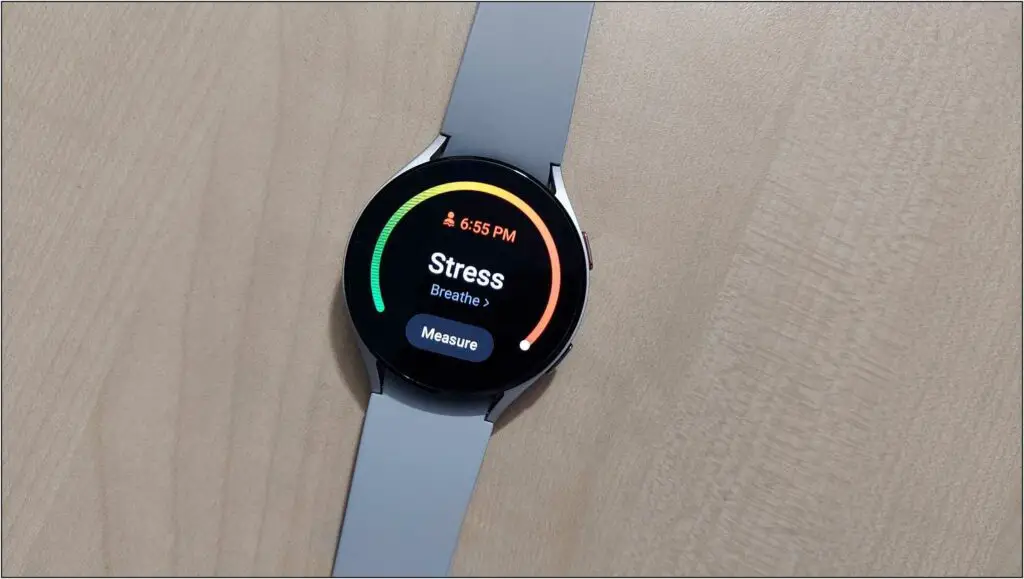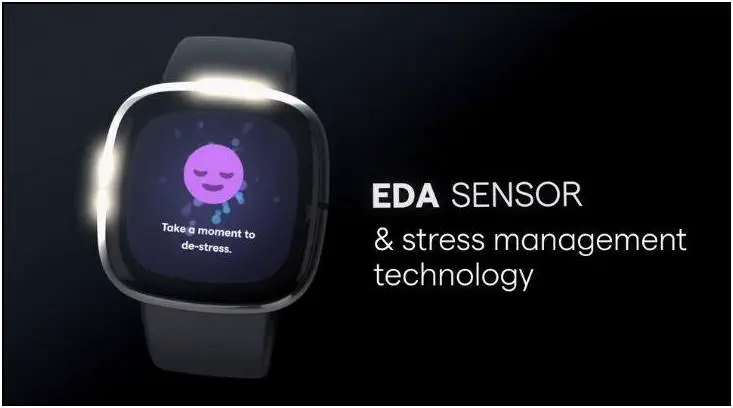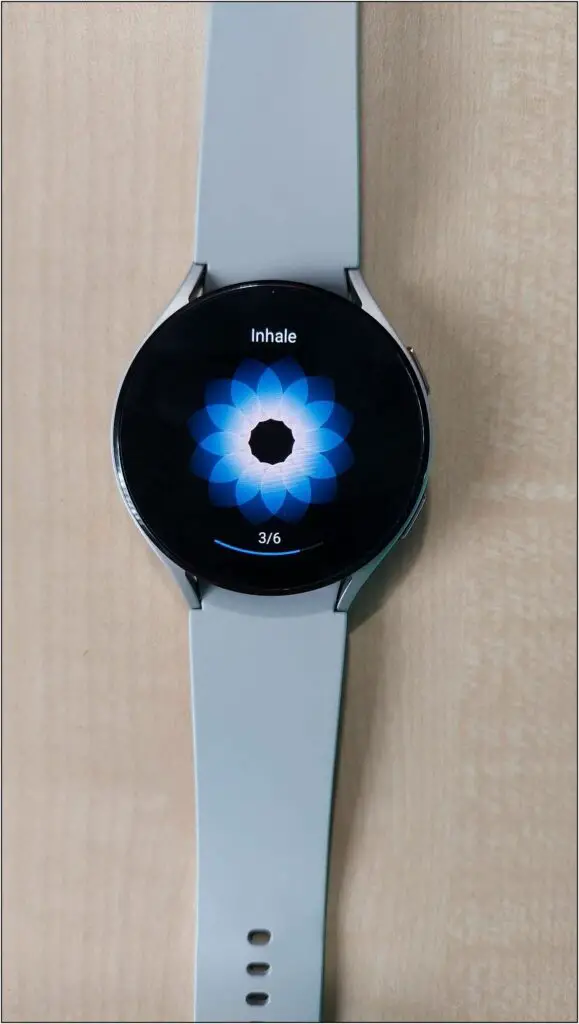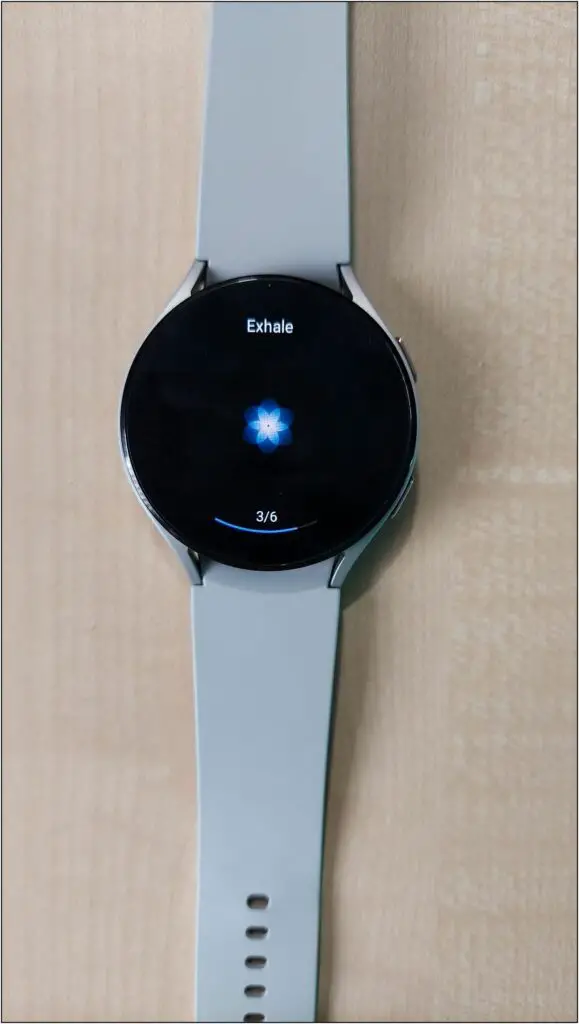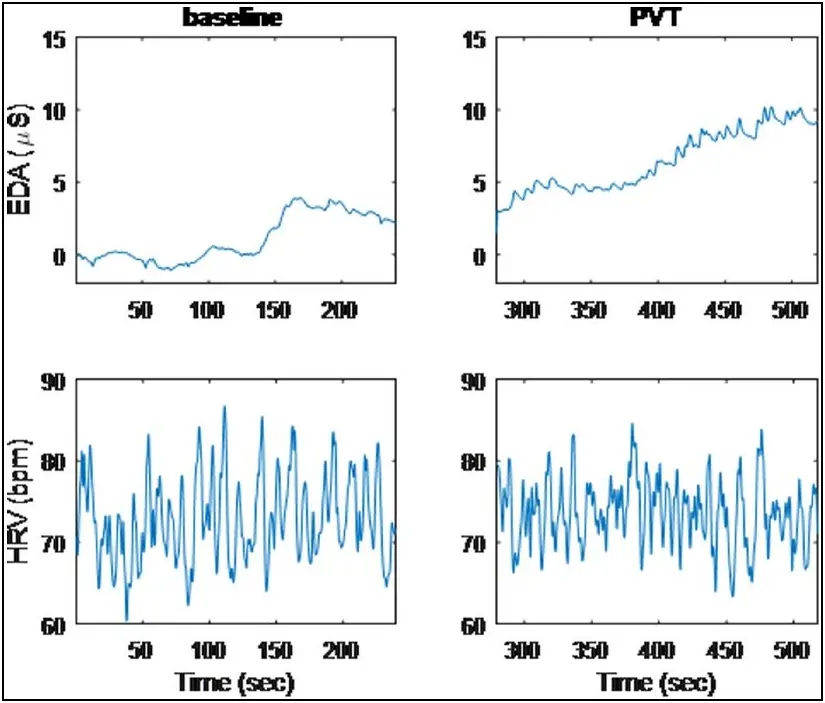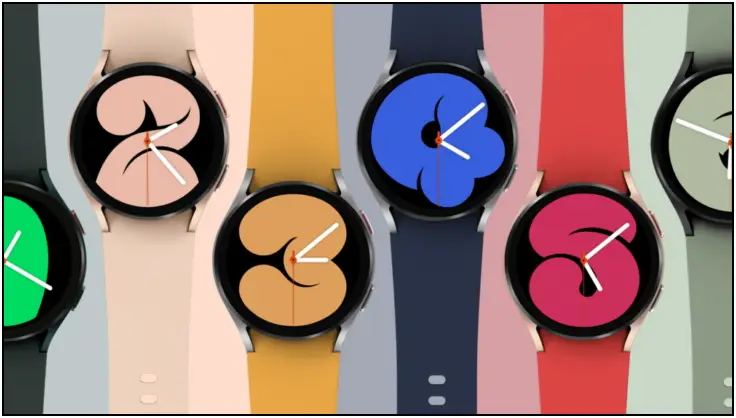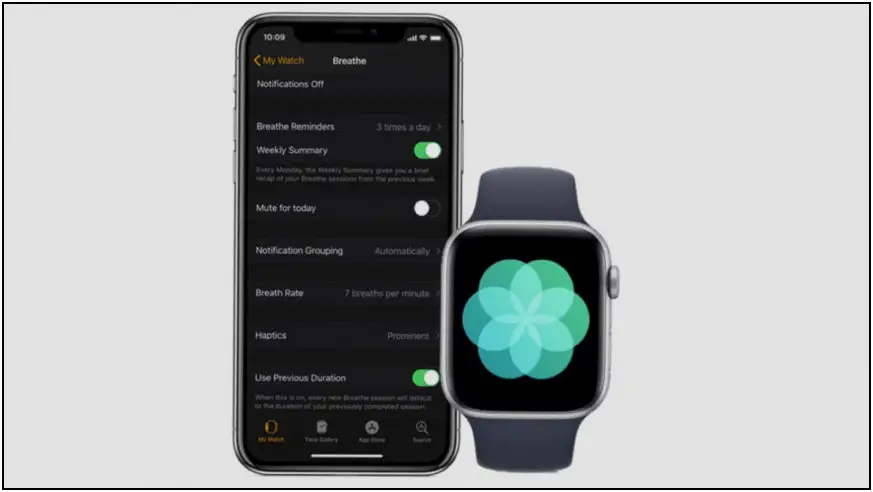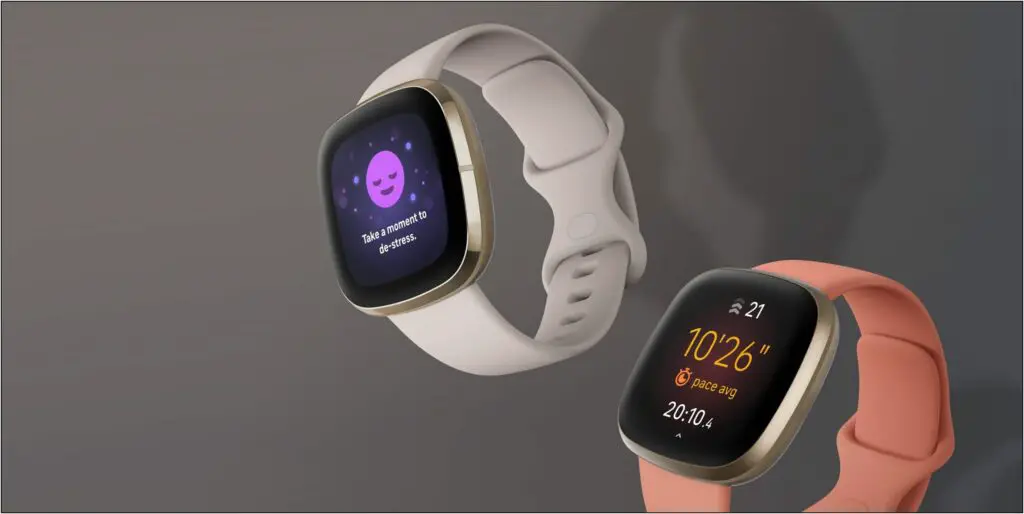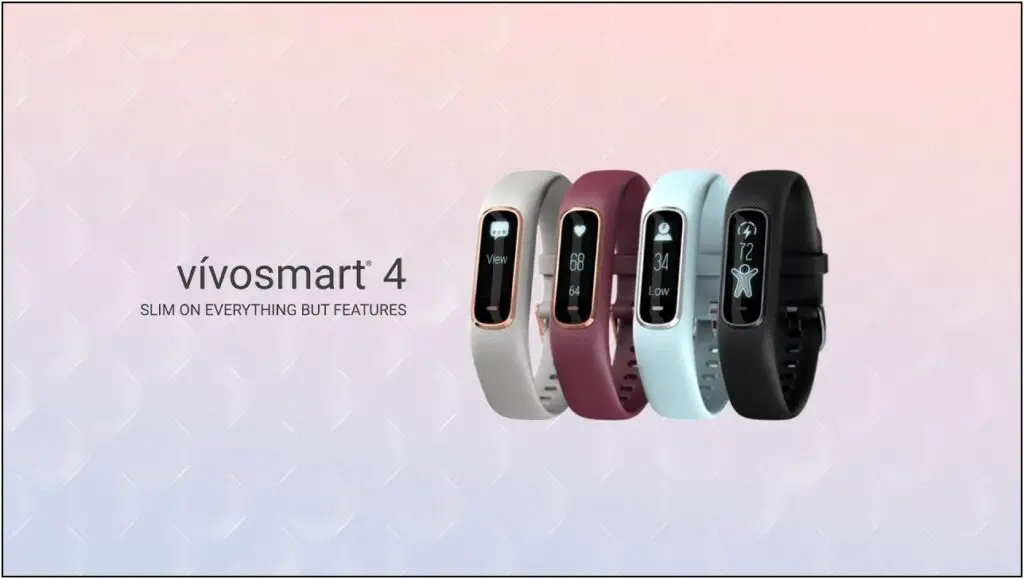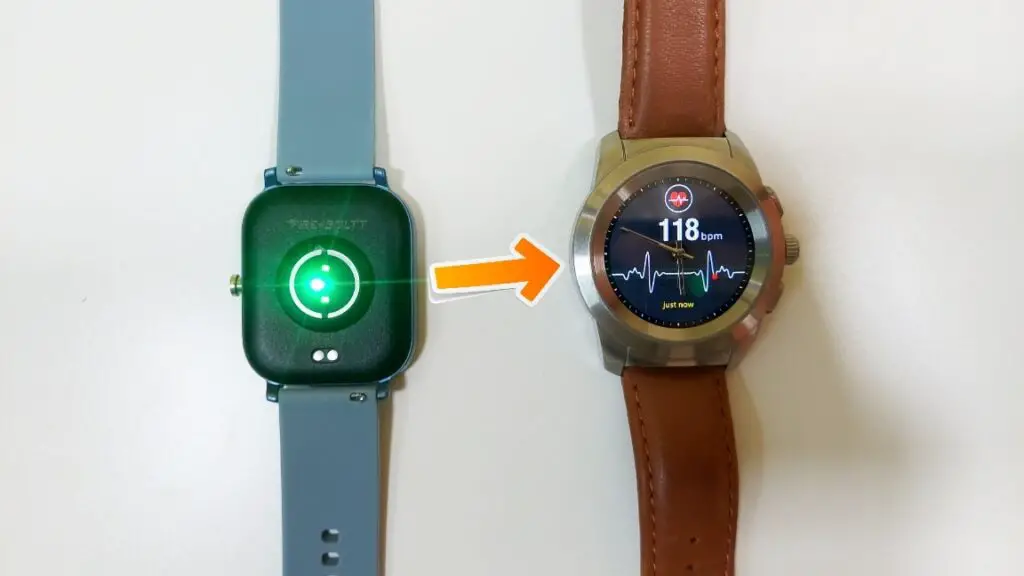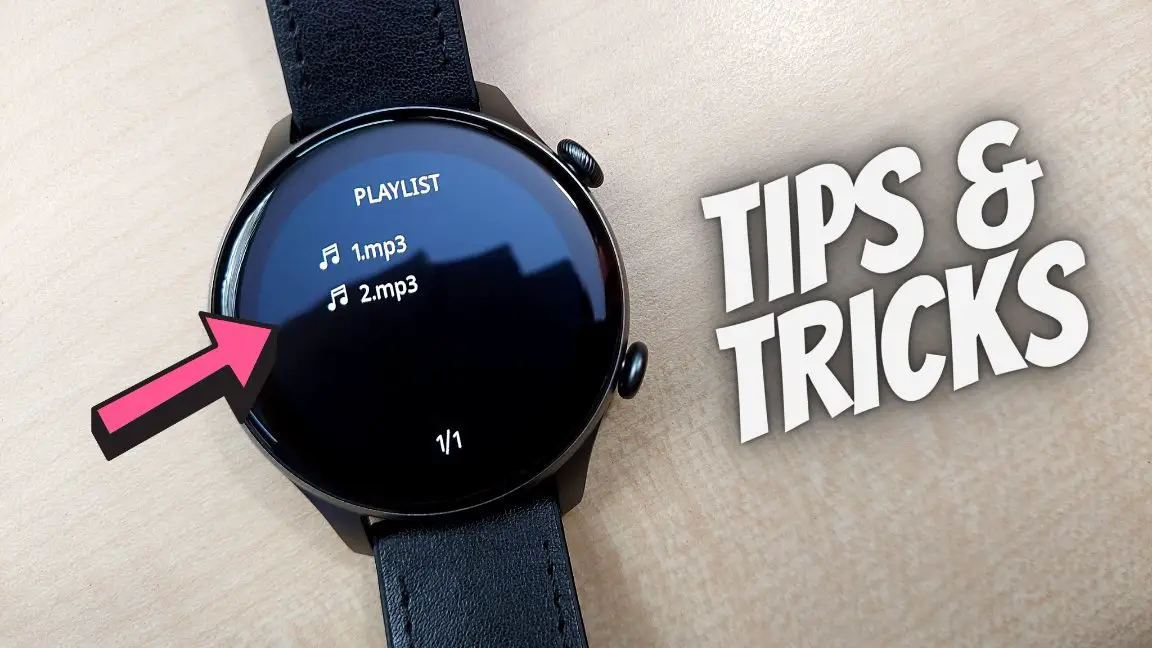These days, people take too much stress about happenings in their daily lives. And hence, monitoring the stress level is essential to stay healthy and calm. Most smartwatches and fitness bands come with stress monitors, which measure your stress levels regularly. In this article, let’s find out how the stress monitor works on a smartwatch and its reliability for everyday use.
Related | How Smartwatches Measure Your Heart Rate?— Check Accuracy
What is Stress Level Monitoring? Is it Important?
For starters, stress is the feeling of mental or physical tension, which negatively affects a person’s mind and well-being. It is a normal human reaction that often arises due to challenges or difficulties.
Headache, tiredness, disturbed sleep schedule, higher than normal blood pressure, aging, heart illness, obesity, etc., are common symptoms of stress. If a person is under stress for a long time, it can affect the mind and body, causing health issues.
There are two types of hormones – Adrenaline and Cortisol which mediate stress in our body. When stress is high, the Adrenaline hormone floods into the veins, causing the heart rate and blood pressure to increase suddenly. The blood inflow in the muscles maximize the body’s glucose level. The pupil of the eyes also gets wider.
The WHO mentions stress as “Epidemic of Twenty-first Century,” which is true in real life. Measuring the stress level can be beneficial as it makes you aware to keep calm and relax your body to avoid health issues.
How Does Stress Monitor Works in Smartwatches or Fitness Bands?
A few years back, fitness trackers used to measure stress levels based on sudden elevation in heart rate. This technique was not very accurate as the heart rate can go up and down while doing any activity or workout.
These days, most smartwatches use Heart Rate Variability (HRV) technology to evaluate stress. HRV is the measure of the variation of time between each heartbeat. This variation is controlled by body’s autonomic nervous system (ANS) which automatically regulates our heart rate, blood pressure, breathing, and digestion.
In simple words, the HRV is not the same as heart rate (BPM), but it is the difference in the time interval between each heartbeat. A higher HRV is good while a lower HRV indicates fatigue, thirst, and stress.
On the other hand, some smartwatches from the premium segment come equipped with dedicated sensors to detect the stress level.
For instance, the FitBit Sense comes with an Electro Dermal Activity (EDA) sensor, which detects stress through electrical changes in the sweat level of our skin. For the same, you need to place your palm over the watch dial for two minutes.
It also considers other health stats like heart rate, sleep, and workout activity to check how much the stress affects your body.
How Do Smartwatches Help In Relieving Stress?
All the smartwatches having Stress Monitoring feature come with a Breathing Exercise mode. This feature helps relaxing the body through long breathing sessions, which eventually brings down the stress levels.
If the watch supports automatic stress monitoring, it will automatically notify you when you have a high stress level. It will also prompt you to do breathing exercises to lower the stress.
Some watches even let you select the duration, and intensity of the breathing exercise. So whenever you feel stressed, you can use these simple breathing exercise with inhale and exhale prompts to calm your body.
Alternatively, you can do some basic activities like watching feel-good content, drinking water, taking a walk, etc., to relieve the stress. This will help you calm your mind in stressful times.
Can you Rely on Smartwatch to Measure Stress Levels? How Accurate it is?
With technology evolving constantly, smartwatches have adopted new stress measurement techniques like HRV and EDA. That being said, most budget smartwatches are equipped with HRV and not EDA due to the cost factor.
According to some reports, HRV can detect stress with 90 per cent accuracy with the technology improving day by day. Hence, the stress level data on smartwatches can be considered reliable to a fair extent.
Popular Smartwatches with Stress Monitoring Feature
There are several smartwatches in the market that you can consider buying for accurate stress monitoring. Here is the list of premium smartwatches that offer better accuracy and sensors:
Samsung Galaxy Watch 4
The Samsung Galaxy Watch 4 comes with Samsung’s new BioActive sensor. It can show you body composition like Body Fat, Body Water, Fat Mass, etc. It also detects stress levels continuously and notifies when you need a break or breathing exercises.
Check here: Samsung Galaxy Watch 4 Bluetooth
Apple Watch Series 7
The Apple Watch Series 7 comes with an ECG sensor that accurately detects the heart rate and SpO2. It also features a meditative breathing option that shows beautiful animation for breathing exercises to help keep the body calm.
Check here: Apple Watch Series 7 GPS
Fitbit Sense
Fitbit Sense is an advanced health-oriented smartwatch with dedicated sensors for each health metric. It has a dedicated EDA sensor for stress monitoring with really good accuracy. Besides, it can also measure heart health and skin temperature.
Check here: Fitbit Sense Advanced Health Smartwatch
Garmin Vivosmart 4
Garmin Vivosmart 4 is a slim fitness tracker with premium health tracking features. It has a wrist-based Pulse Oxygen sensor that detects blood oxygen saturation accurately. It also features stress tracking and a relaxation breathing timer to control stress levels.
Check here: Garmin Vivosmart 4 Smartwatch
Wrapping Up– Stress Monitoring on Smartwatches
This was all about how Stress Monitor works in a smartwatch and whether it is accurate enough to rely upon. Besides, we’ve also mentioned some popular smartwatches with stress tracking feature. Anyways, what are your thoughts on these stress wearables? Let us know in comments.

